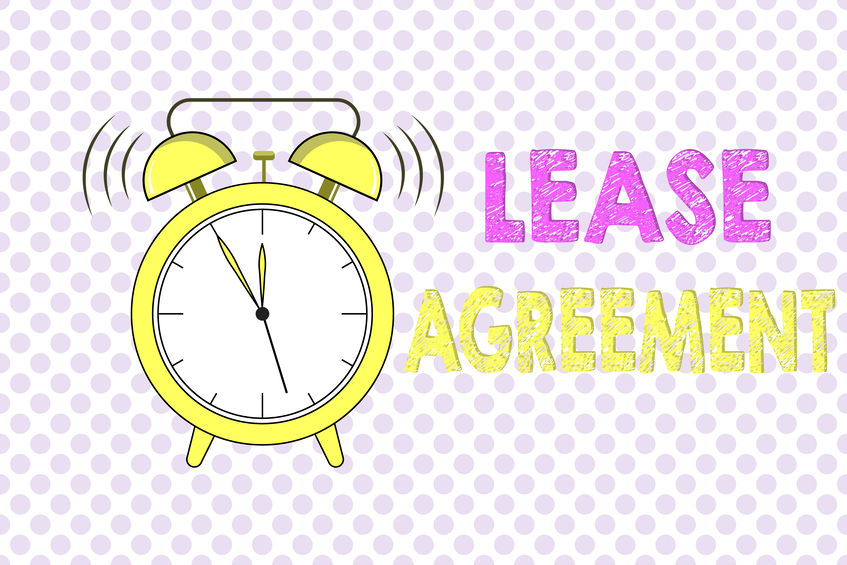One of the most tension fraught relationships is that of a landlord-tenant. Landlords are subject to a variety of laws including regulation of rent, termination, and eviction. One such law is the Disposition of Personal Property Landlord and Tenant Act, which prescribes rules by which landlords are allowed to dispose of tenant property which remains on the premises after a tenancy is terminated. Regardless of whether the tenancy is terminated by eviction, abandonment, or mutual agreement between the landlord and tenant, the landlord must follow the act.
When Can a Landlord Dispose of a Tenant’s Belongings?
In general, landlords are free to dispose of property where the property is mere garbage (e.g., old food, cans, or newspapers). Additionally, abandoned property laws do not apply to fixtures (because they become part of the premises) or motor vehicles (in which case the landlord should call the police and give them the vehicle’s license plate number, make, and model to allow them to tow it). However, the Disposition of Personal Property Landlord and Tenant Act prohibits landlords from getting rid of belongings that have value (e.g., a bicycle, clothes, or furniture) without satisfying certain additional procedures.
Notifying Tenant of Abandoned Property
If a landlord determines that a tenant has moved out yet left property behind, the landlord must provide the tenant (and any other person the landlord reasonably believes to be the owner of the property) notice that the property has been left behind. Notice must describe the property in a manner “reasonably adequate to permit the owner of the property to identify it” and must be delivered to the tenant and any other person the landlord might reasonably believe to own the property.
Legal Removal of Tenant’s Belongings
The landlord must also exercise “reasonable care” in storing the abandoned property if he removes it from the dwelling. So long as the landlord exercises reasonable care in storing the property, the landlord will not be liable to the tenant for any loss caused by the landlord’s disposition unless caused by the landlord’s deliberate or negligent act. If the tenant eventually claims the abandoned property, the landlord should release the personal property to the tenant after the tenant pays the reasonable costs of storage and advertising. Failure to release the property may subject the landlord to liability.
How Long Does the Landlord Need to Keep the Tenant’s Belongings?
In addition to providing notice to the tenant describing the property that has been left behind, the landlord must advise the tenant of when the property must be claimed. While the Act does not give an exact timeframe, it dictates that the date cannot be fewer than ten days if the notice is hand delivered to the tenant or fewer than fifteen days if the notice is mailed to the tenant. If the tenant does not claim the property after the required minimum amount of time, the landlord may dispose of or sell the property.
Can Landlord Sell Tenant’s Property?
If a tenant does not claim the abandoned property, and the landlord believes the property is worth more than $500 then he must sell the property via a public auction. However, before he can hold the auction, he must advertise the auction at least once a week for a minimum of two weeks to provide the tenant with additional time to claim the property. If the tenant does not claim the property and an auction is held, the landlord can deduct the costs he incurred storing, advertising, and selling the property but he cannot make any profit off the sale. Instead, the landlord must give any additional proceeds to the treasury of the county in which the sale took place. On the other hand, if the property is believed to be worth less than $500, the landlord can dispose of the property in any manner he wishes, including selling or keeping the property.


